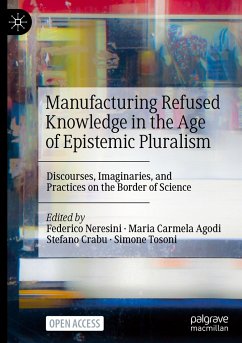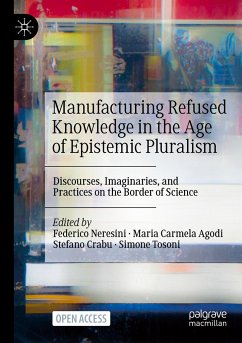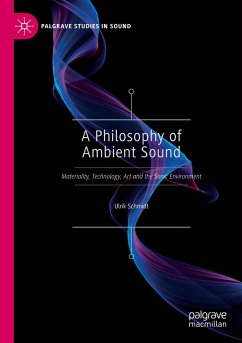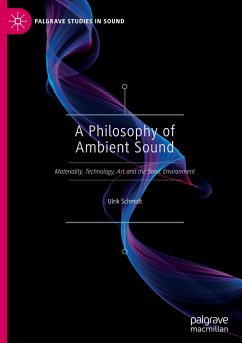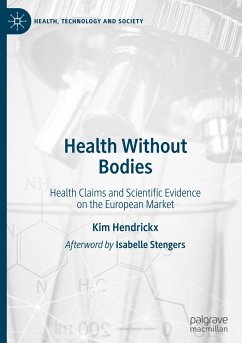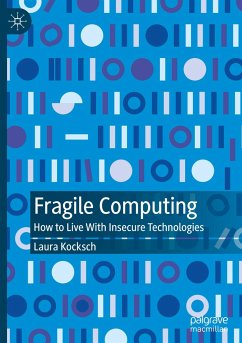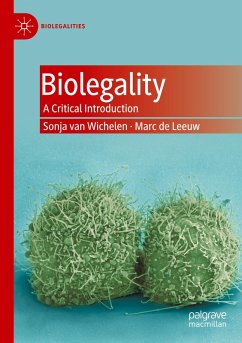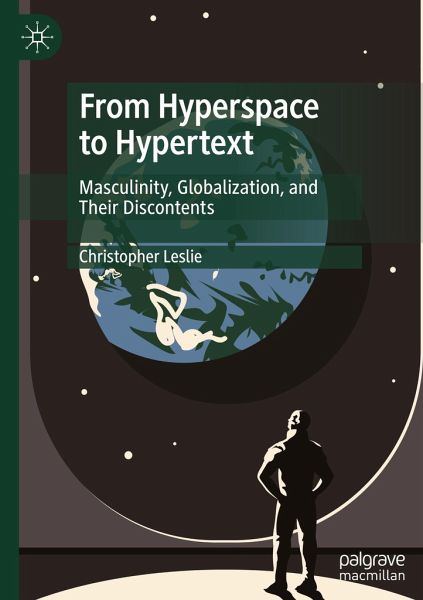
From Hyperspace to Hypertext
Masculinity, Globalization, and Their Discontents
Versandkostenfrei!
Versandfertig in 6-10 Tagen
91,99 €
inkl. MwSt.
Weitere Ausgaben:

PAYBACK Punkte
46 °P sammeln!
This book illuminates how science fiction studies can support diversity, equity, and inclusion in science and engineering. Shortly before science fiction got its name, a new paradigm connected whiteness and masculinity to the advancement of civilization. In order to show how science fiction authors supported the social construction of these gender and racial norms - and also challenged them - this study analyzes the impact of three major editors and the authors in their orbits: Hugo Gernsback; John W. Campbell, Jr.; and Judith Merril. Supported by a fresh look at archival sources and the autho...
This book illuminates how science fiction studies can support diversity, equity, and inclusion in science and engineering. Shortly before science fiction got its name, a new paradigm connected whiteness and masculinity to the advancement of civilization. In order to show how science fiction authors supported the social construction of these gender and racial norms - and also challenged them - this study analyzes the impact of three major editors and the authors in their orbits: Hugo Gernsback; John W. Campbell, Jr.; and Judith Merril. Supported by a fresh look at archival sources and the author's experience teaching Science and Technology Studies at universities on three continents, this study demonstrates the interconnections among discourses of imperialism, masculinity, and innovation. Readers gain insights into fighting prejudice, the importance of the community of authors and readers, and ideas about how to challenge racism, sexism, and xenophobia in new creative work. This stimulating book demonstrates how education in science, technology, engineering, and mathematics (STEM) can be enhanced by adding the liberal arts, such as historical and literary studies, to create STEAM.







